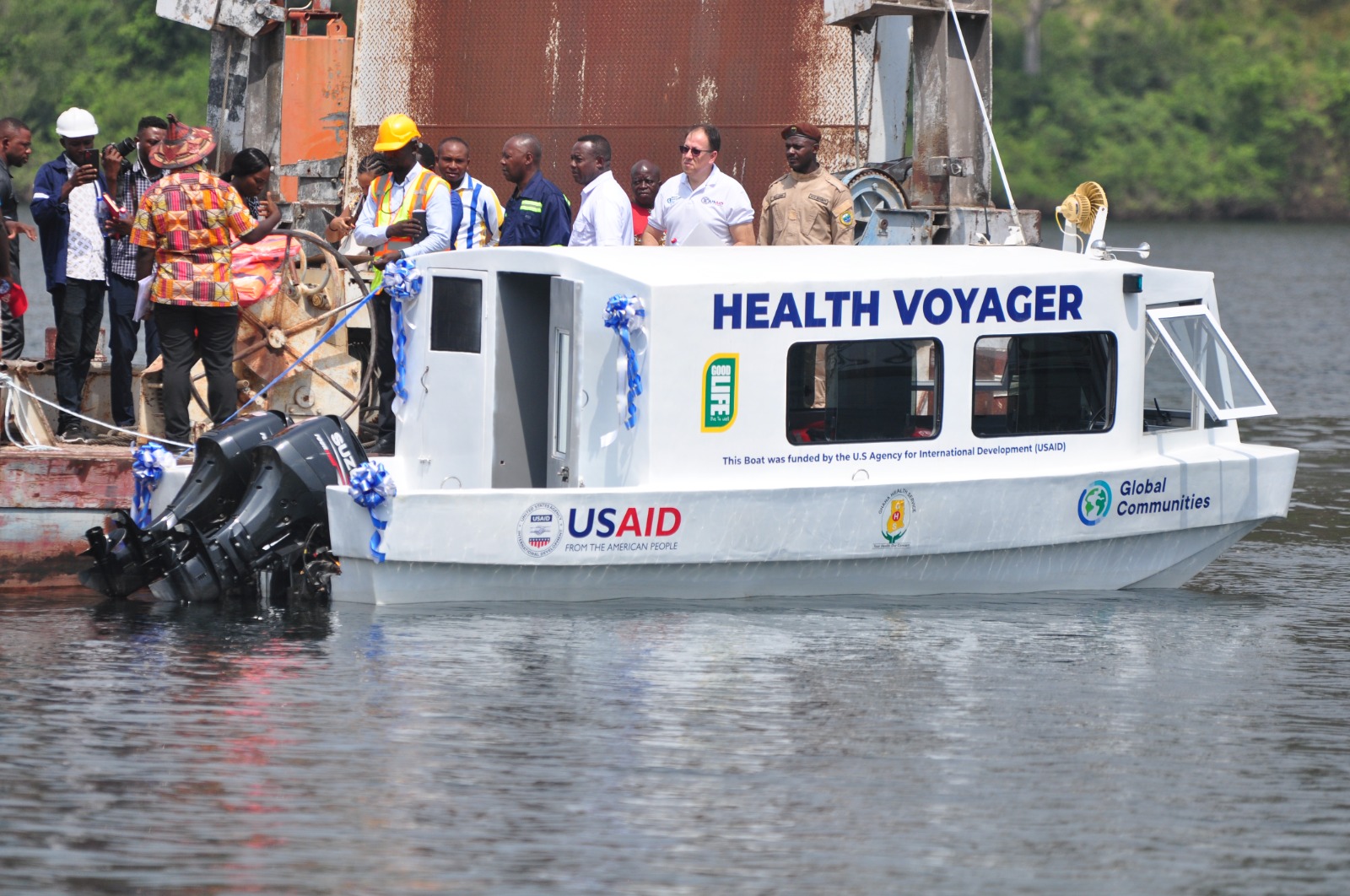

Here's what you need to know.
More than 40 percent of all cancers diagnosed in the U.S. are linked with being overweight or obese, according to a new Vital Signs report from the Centers for Disease Control and Prevention.
According to the report, being overweight or obese raises a person’s risk of 13 types of cancer, and currently more than 630,000 people in the U.S. have been diagnosed with a cancer associated with being overweight or obese.
Unfortunately, these cancers are on the rise: The report found that they increased by 7 percent between 2005 and 2014, while cancers that aren’t linked to obesity declined.
It’s no secret that obesity is a problem in the U.S. A large study published in The New England Journal of Medicine earlier this year found that 26.5 percent of Americans are obese. Currently, two out of three Americans is considered overweight or obese, the report says.
According to the report, more than half of Americans don’t know that being overweight or obese increases their risk for cancer. However, the International Agency for Research on Cancer has found that the following cancers are linked to being overweight or obese:
meningioma
multiple myeloma
adenocarcinoma of the esophagus
thyroid cancer
postmenopausal breast cancer
gallbladder cancer
stomach cancer
liver cancer
pancreatic cancer
kidney cancer
ovarian cancer
uterine cancer
clocrectal cancer
Women are more likely to be impacted by this link than men: The report found that 55 percent of all cancers diagnosed in women and 24 percent of those diagnosed in men were linked with being overweight or obese.
Weight is a complicated topic, but the report urges people to try to eat a healthy diet and get at least 150 minutes of moderate physical activity every week to try to help maintain a healthy weight.
Of course, cancer is a complicated disease and being diagnosed with any of these cancers or cancer in general doesn’t mean it’s your fault. There are many, many factors that can cause cancer, including genetics. A 2015 study from Johns Hopkins University, for example, found that two-thirds of all adult cancer cases can be linked to random gene mutations that cause tumors to grow.
Still, there are some things you can do to lower your overall cancer risk, and one of them is maintaining a healthy weight. If you're struggling to lose weight or maintain a healthy weight, talk to your doctor. They should be able to guide you on next steps.
Here's what you need to know. Read Full Story


















Facebook
Twitter
Pinterest
Instagram
Google+
YouTube
LinkedIn
RSS